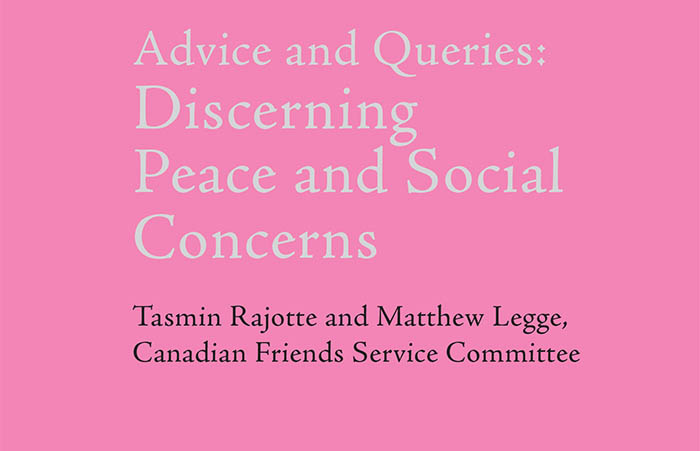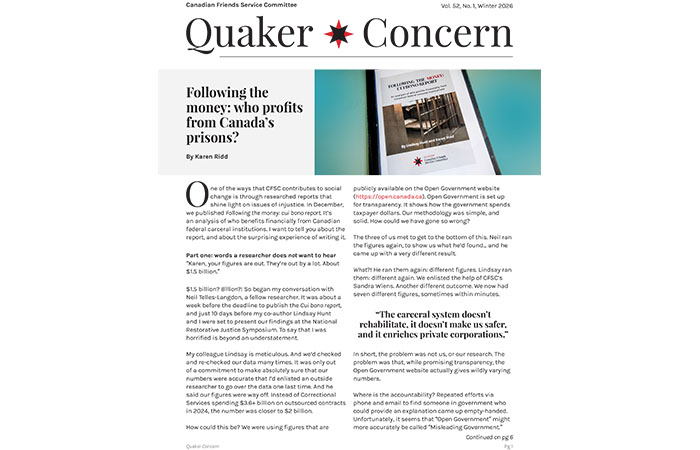
Discerning peace and social concerns
April 20, 2022
Note submitted to UN Committee on the Rights of the Child
May 9, 2022Our newest blog post for Psychology Today looks at the crucial role that emotions play in conflicts. Read on for some interesting research on what emotions are and how to engage with them to build understanding during difficult conversations. Here’s an excerpt:
It’s hard to avoid messages that tell you what you “should” feel. “You should feel blessed,” says a happiness guru. “You should be outraged,” writes an activist. “You should just laugh it off,” your partner tells you.
But feelings don’t tend to change on command.
Experiments suggest that trying to force ourselves not to feel something doesn’t work well. And telling ourselves to feel some way that we don’t actually feel can backfire.
Emotions are absolutely fundamental to our actions and beliefs, but they aren’t so easy to control. You might think you know how you or someone else “should” feel. But that belief could just block you from connecting with yourself or that person….

As soon as a conversation turns difficult, it can be helpful to pause and try to notice what you feel. In his book Nonviolent Communication, psychologist Marshall Rosenberg notes that finding your feelings is different from making accusations. “I feel that you’re being a jerk” is just a judgment of the other person. “I feel impatient” is an actual feeling—it’s your interpretation of your internal state.
Be as clear and specific as possible. Finding precisely how you’re feeling (here’s one list that might help) can liberate you to communicate in richer ways, especially in difficult conversations….




